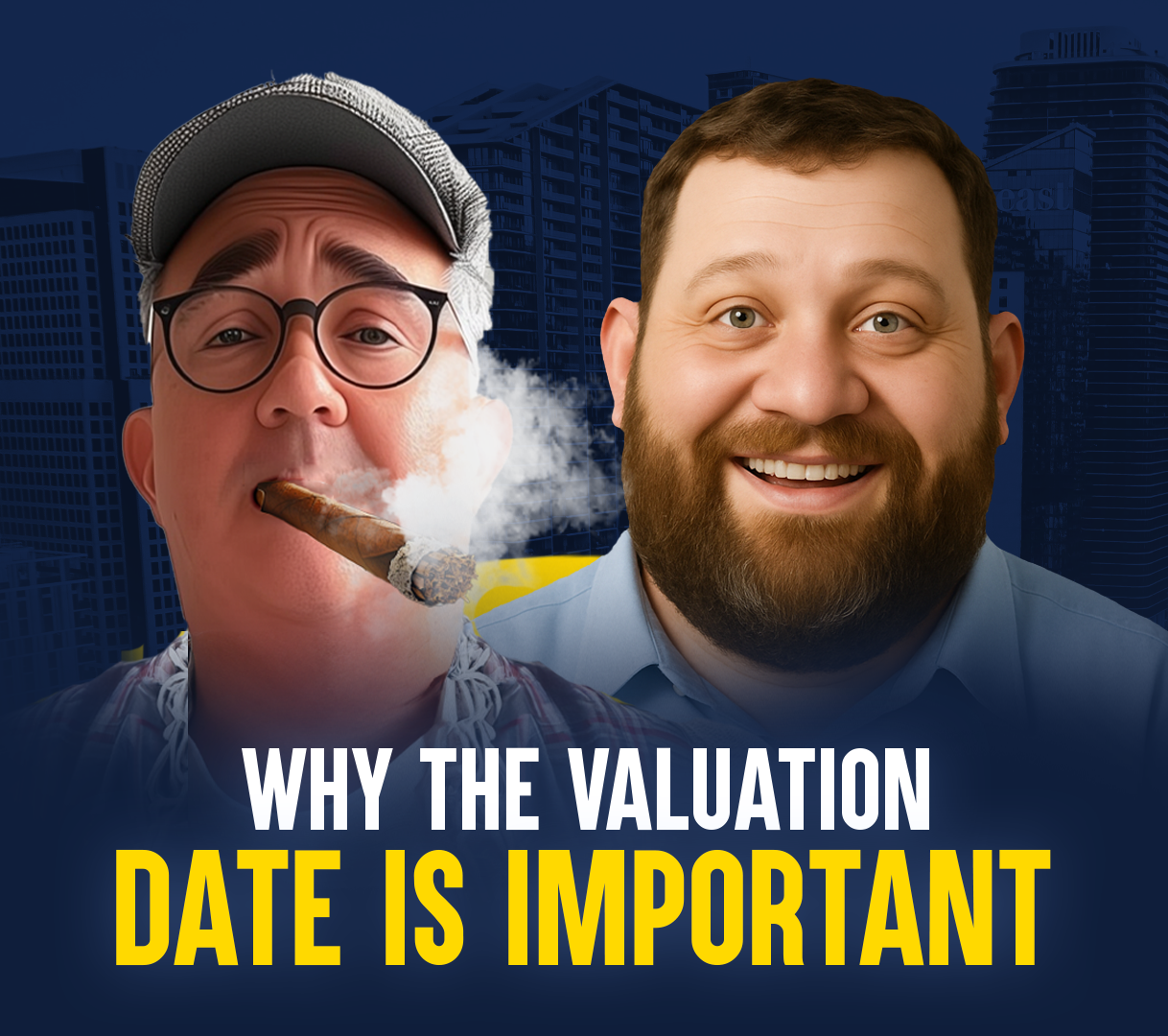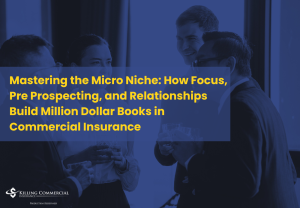Cracking the Code on Sales Talent: How Insurance Agencies Can Recruit, Develop, and Retain Top Producers
We can talk all day about marketing funnels, quoting platforms, and prospecting strategies—but if you don’t have people who can sell, none of it matters. Every agency owner I talk to says the same thing: “We just can’t find producers who can sell.”








